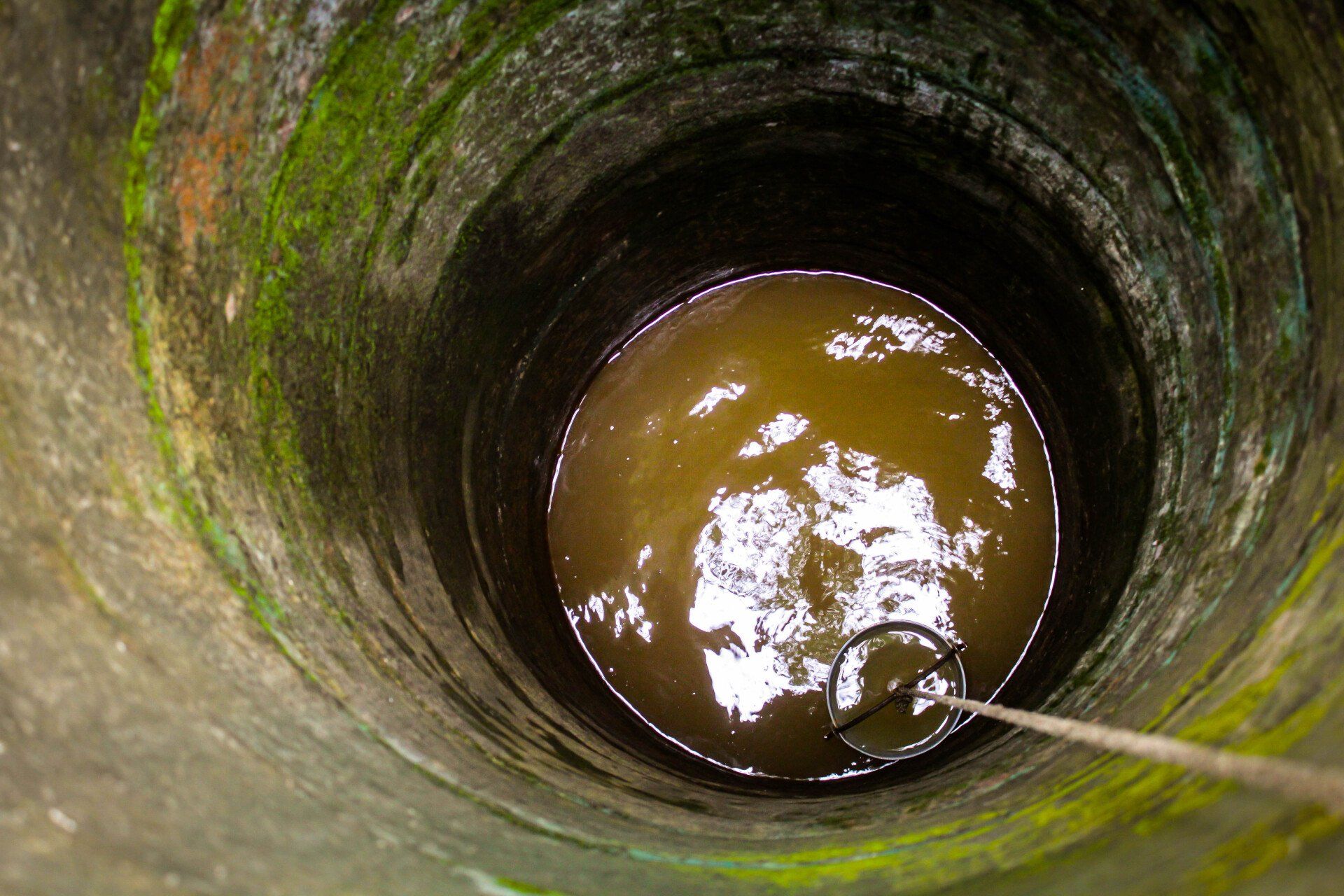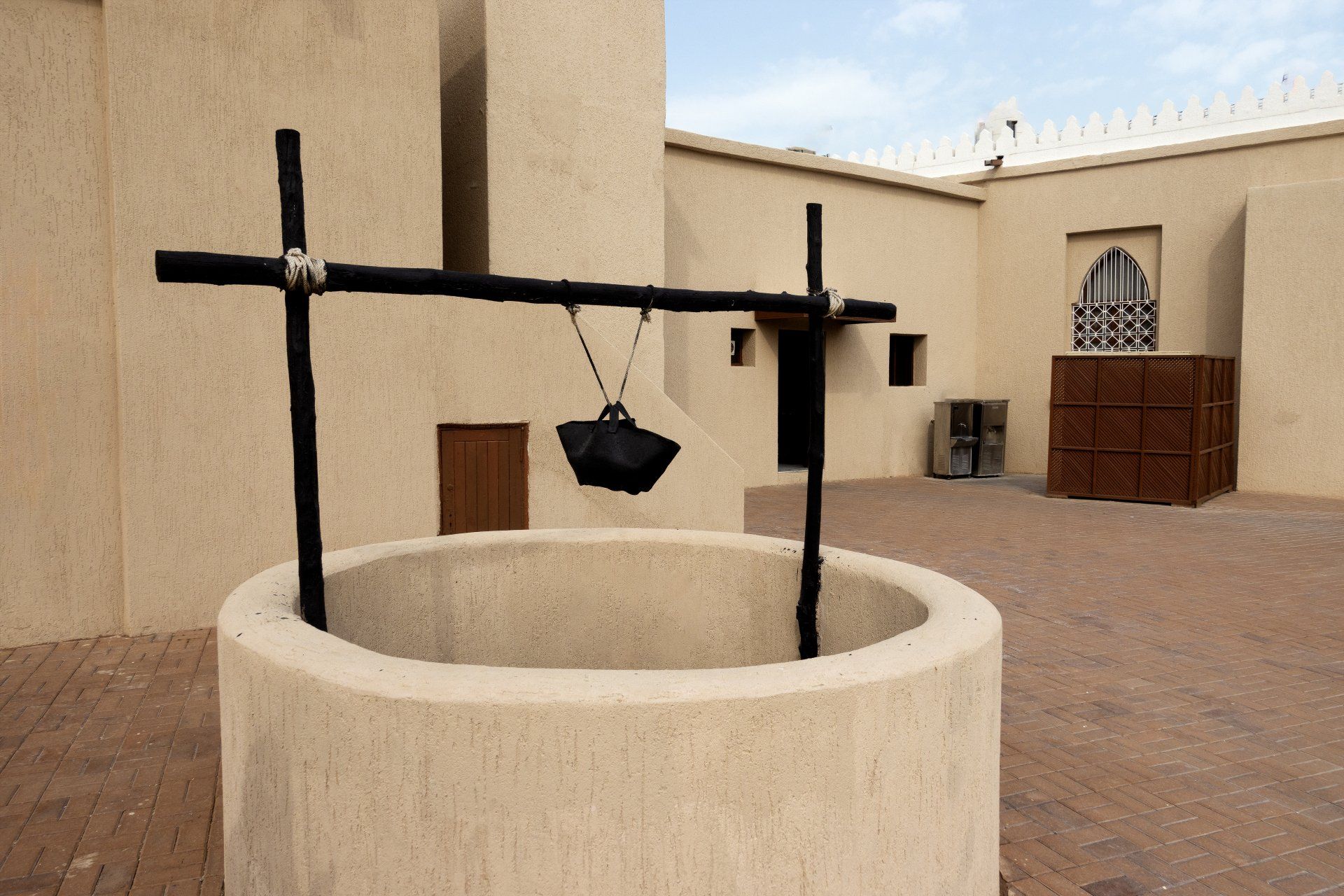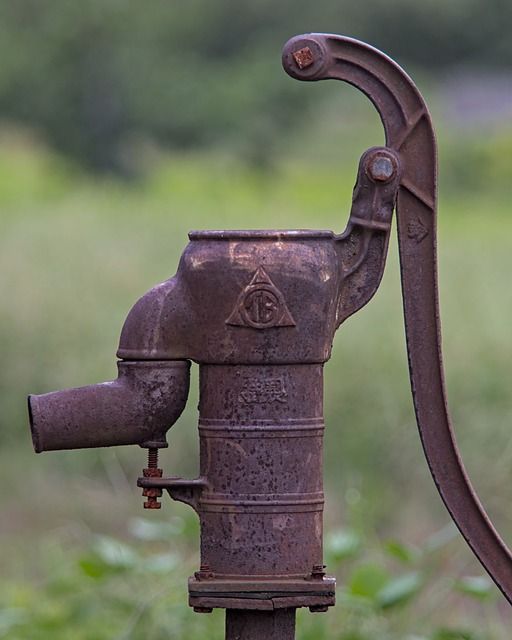Everything You Need to Know About Well Inspections
Well inspections are a crucial step in the home buying process, especially when considering a property with a private well as the primary water source. Unlike municipal water, the quality and safety of well water can vary significantly. Therefore, it is essential to conduct a thorough well inspection to ensure that the water is safe for consumption and that the well system is in good working order.
In this comprehensive guide, we will explore everything you need to know about well inspections, including when to get your well inspected, how much they cost, what to look for during an inspection, and what to do if your well inspection fails. So let's dive in and discover why a well inspection is worth the investment.

When Should You Get Your Well Inspected?
It is crucial to have a well inspection completed when purchasing a home with a private well. Municipal water is expected to meet safety regulations, but the quality of well water can vary. By conducting a well inspection, you can assess the water quality and identify any potential issues before committing to the purchase of a property.
If you're buying a property in a rural area, it's common to come across residences that rely on well water. In such cases, it's important to have a well inspection to ensure that the water is safe for consumption and that the well system is functioning properly. A well inspection should also be conducted if you notice any changes in the water quality or if you're experiencing issues with the well system.
How Much Does a Well Inspection Cost?
The cost of a well inspection can vary depending on various factors such as the location, size of the well, and the depth of the well. On average, a well inspection can cost anywhere from $300 to $500. However, it's important to note that this is just an estimate, and the actual cost may vary.
When considering the cost of a well inspection, it's essential to weigh it against the potential risks and expenses associated with well-related issues. Identifying and addressing problems early on can save you from costly repairs or health hazards in the future. Therefore, investing in a well inspection is worth the peace of mind it provides.
Who Should Inspect a Well?
When it comes to well inspections, it's crucial to hire a professional well inspector who specializes in this field. Well inspectors have the knowledge and expertise to assess the condition of the well system and identify any potential issues. It is important to note that reputable well inspectors do not make repairs to avoid conflicts of interest.
While general home inspectors may visually assess the well and even test the water quality, their level of scrutiny may not meet lender requirements for a well and septic inspection. Therefore, it's best to hire a dedicated well inspector who can thoroughly evaluate the well system and provide you with a detailed report.
What to Look for in a Well Inspection?
During a well inspection, several key components need to be thoroughly checked to determine the condition of the well system. Here are some of the crucial aspects that a well inspector should assess:
Submersible Pump: The operation of the submersible pump should be evaluated to ensure that water is recharging into the well properly.
Pressure Tank: All parts of the pressure tank, including seals, gauges, and rusting, should be inspected for any defects.
Well Hole and Casing: The well hole and casing should be examined to ensure that they are in good condition and comply with local regulations.
Electrical Wiring: If applicable, the electrical wiring should be checked to ensure that it is properly installed and functioning.
Valves and Pressure Gauge: The valves and pressure gauge should be inspected to ensure that they are working correctly.
Control Box: If present, the control box should be examined to verify its functionality.
Capacitors: Capacitors should be checked to ensure they are in good condition and functioning properly.
By thoroughly assessing these components, a well inspector can provide you with a comprehensive evaluation of the well system's condition.
What Is Included in a Well Inspection?
A well inspection typically includes various tests and assessments to evaluate the quality and functionality of the well system. Here are some of the key elements that are often included in a well inspection:
Water Testing: A sample of water is taken from the household tap and sent to a licensed water testing institution to determine its composition. The water is tested for various parameters such as pH, hardness, alkalinity, turbidity, iron, calcium, manganese, and coliform bacteria.
Flow Test: A flow test is conducted to evaluate the system's output and check the water level before and during pumping. This test helps assess the performance of the pump motor, pressure tank, pressure switch contact, and overall water quality.
Well Equipment Assessment: The well equipment is inspected to ensure that it complies with local regulations and is in good working order.
Written Report: A detailed written report is provided, including all laboratory and test findings. The report should also include a clear explanation of the results and any recommendations for the well system.
By conducting these tests and assessments, a well inspection provides valuable insights into the quality and functionality of the well system.
What to Do If Your Well Inspection Failed?
If your well inspection reveals any issues or failures, it's important to address them promptly to ensure the safety and functionality of your well system. Here are some steps you can take if your well inspection fails:
Consult a Water Expert: Speak with the water expert who conducted the well inspection to understand the nature of the problem and explore potential solutions.
Consider Water Treatment Systems: Depending on the specific issue, installing a water treatment system may be necessary. A competent filtering system can address many well quality issues, but it's important to choose a system that is suitable for your needs and the contaminants present in your water.
Align Flow Rate and Water Pressure: If a water treatment system is required, ensure that the well pump can produce the necessary flow rate to operate the system effectively. Additionally, consider the water pressure from the well pump to prevent any issues with water pressure in your home.
Seek Professional Assistance: If the problem is beyond your expertise, it's advisable to seek the help of professionals who specialize in well repairs. They can assess the situation and provide appropriate solutions to restore the functionality of your well system.
By taking these steps, you can address the issues identified during the well inspection and ensure the safety and quality of your well water.
Frequently Asked Questions (FAQ)
How often should a well be inspected?
A well inspection should ideally be conducted annually to check for cleanliness, mechanical problems, and the presence of contaminants. Common contaminants to test for include coliform bacteria, nitrates/nitrites, and local contaminants like arsenic and radon. Regular inspections help ensure that your well system is functioning optimally and that your water is safe for consumption.
How much does a full inspection cost?
The cost of a full inspection can vary depending on factors such as the location, size of the property, and additional services required. On average, a home inspection in Florida can range from $250 to $375. However, it's important to note that additional inspections for radon, mold, termites, asbestos, sewer scope, and septic systems may incur extra costs.
Who pays for the inspection and appraisal?
Typically, the buyer is responsible for paying for the inspection and appraisal fees. However, this can be negotiated as part of the purchase agreement. In some cases, the seller may agree to cover these costs to incentivize the buyer. It's important to discuss and clarify the payment responsibilities with the seller and your real estate agent during the negotiation process.
How much does a well and septic system cost?
The cost of drilling a well can range from $5,325 to $9,180, depending on factors such as depth, soil conditions, and well diameter. The installation of a well can cost between $3,750 to $15,300, or $25 to $65 per foot. As for septic systems, the cost can vary from $1,500 to $15,000, depending on the system's size and the type of soil.
Conclusion
Well inspections are a crucial step in the home buying process, especially if the property relies on a private well for water supply. By conducting a thorough well inspection, you can ensure the safety and functionality of the well system and address any potential issues before they become costly problems.
Remember to hire a professional well inspector who specializes in well inspections to ensure a comprehensive evaluation of the well system. Additionally, consider the cost of a well inspection as an investment in the long-term safety and quality of your well water.
If you're in Hillsborough County and require well services, consider contacting Anytime Pump and Well Service. As a leading well service company, they offer expertise in well inspections, repairs, and maintenance to ensure the optimal performance of your well system. Contact them today to schedule a consultation and ensure the safety of your well water.
Now that you're equipped with all the information you need about well inspections, you can make informed decisions when purchasing a property with a private well. Safeguard your health and investment by prioritizing a thorough well inspection.
You might also like
Reviving Your Water Well: Tips and Insights





